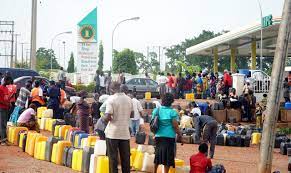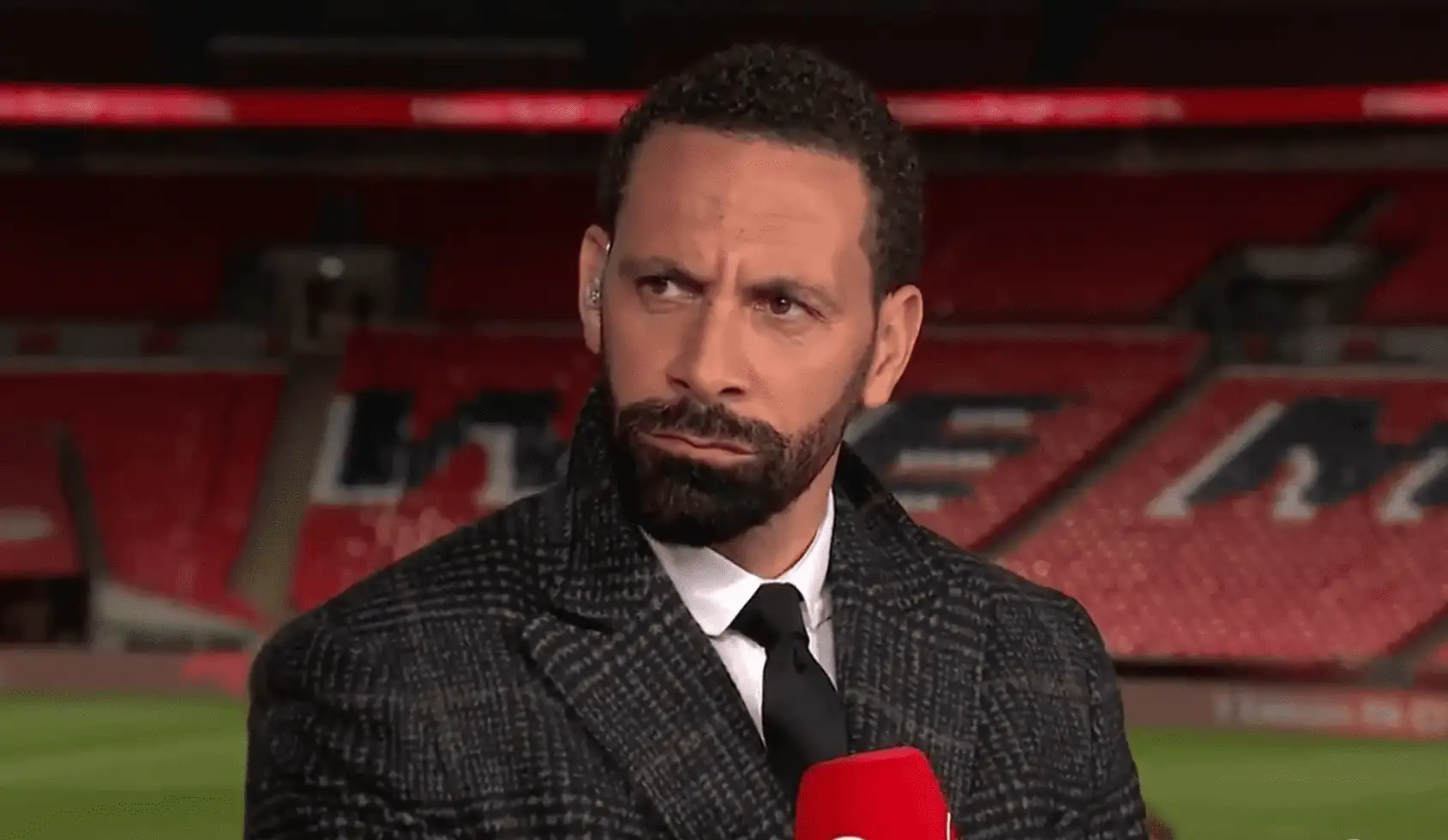Fuel Scarcity Worsens As NNPC Fails On Demands, Marketers Selling Above N300/Litre

It has been exposed that some online marketers are offering gas above N300 per litre at filling stations throughout the country.
This is almost a month after the deficiency of premium motor spirit tossed the country into an energy crisis.
A brand-new report by Guardian Nigeria has revealed that the crisis in the energy sector may not end quickly as the Nigerian National Petroleum Company Limited failed to meet need of Nigerians.
NNPC had said that 2.3 billion litres of additional premium motor spirit were being imported into the country to match existing one billion litres as part of steps to attend to fuel scarcity.
However, The Guardian gathered, yesterday, that most online marketers, specifically depot owners who had actually made payment for products considering that December in 2015, were yet to get the consignment.
While the queues appeared to have eased off last week, the scenario became worse from Friday, as numerous fuel stations stayed shut, while those that offered and opened at the official cost, had long lines of vehicle drivers waiting to buy the product.
In Lagos, most of the stations owned by independent online marketers that lacked lines sold the product for between N200 and N250 a litre.
Amidst the disturbance in the circulation system, customers are fretted about the absence of tracking and silence on the part of the Nigerian Midstream and Downstream Petroleum Regulatory Authority (NMDPRA) in checking the excesses of a few of the marketers that had items but selling above the pump rate.
Several sources across the value chain equally confirmed, yesterday, that the existing strategy being released by the state oil company in an attempt to enable it to recover expense after being changed into a restricted liability business might even more get worse the dominating scenario.
Although the NNPC was anticipated to truck out items to a lot of stations in the city centres owned by the Major Oil Marketers Association of Nigeria (MOMAN), many depot owners rather of supplying the Independent Petroleum Marketers Association of Nigeria (IPMAN) now prefer offering the products at their stations in a bid to recover losses from bank loans and new obstacles that include, payment for products in dollars, which they claimed they need to source at the black market.
A source, who is a leading member of Depot and Petroleum Marketers Association of Nigeria (DAPMAN), who pleaded privacy, said though the national oil company was attempting its finest to resolve the situation, truths are far from claims being made in the media.
Remember that a brand-new N500,000 Ship-to-Ship Coordination Charge for each transhipment operation for gas has actually supposedly been presented by NNPC, the source stated most of the depot owners now need to pay for their goods in dollars and have actually borrowed money given that December to pay for items but are yet to load items 3 months after.
A memo from NNPC Limited with Ref. NNPC/ML/STS01, dated February 18, 2022, and addressed to all online marketers with the heading, “Payment Of STS Coordination Charge” signed by O.I O Ajilo on behalf of GGM Shipping, reads, “Please be informed that the NNPC Management has directed that effective 10th February 2022, the sum of Five Hundred Thousand Naira, (N500,000.00)
Guardian likewise gathered that while the online marketers, consisting of NNPC Limited, accepted mix existing unclean fuel in the nation, which was observed around January 11 this year, the depots appear to have enough items to successfully mix the unclean items.
“Most depot owners that have paid for products because December have not filled. Usually, we have only 30 days to repay loans to the bank; we now need to pay interest of above 60 days extra. Who will bear this expense? They are informing us to pay and not increase the expense of the products. Aside from that, we were paying in naira for the NNPC vessels we have been utilizing, when we pay, they fill the items and send them to our depots; now we pay in dollars. That dollar is sourced at the black market. Who pays the difference in between the authorities and the black market rates? We now sustain expenses for a ship-to-ship charge,” he said.
He challenged the NNPC to supply items throughout its depot to allow IPMAN members to offer and get products at the pump rate of N165.
In most parts of the country, consisting of the Federal Capital Territory, black marketers are offering a litre for N400, just as long queues persist as many invest fairly five hours to get products.
ToriNG
editor's pick
latest video
news via inbox
Nulla turp dis cursus. Integer liberos euismod pretium faucibua




